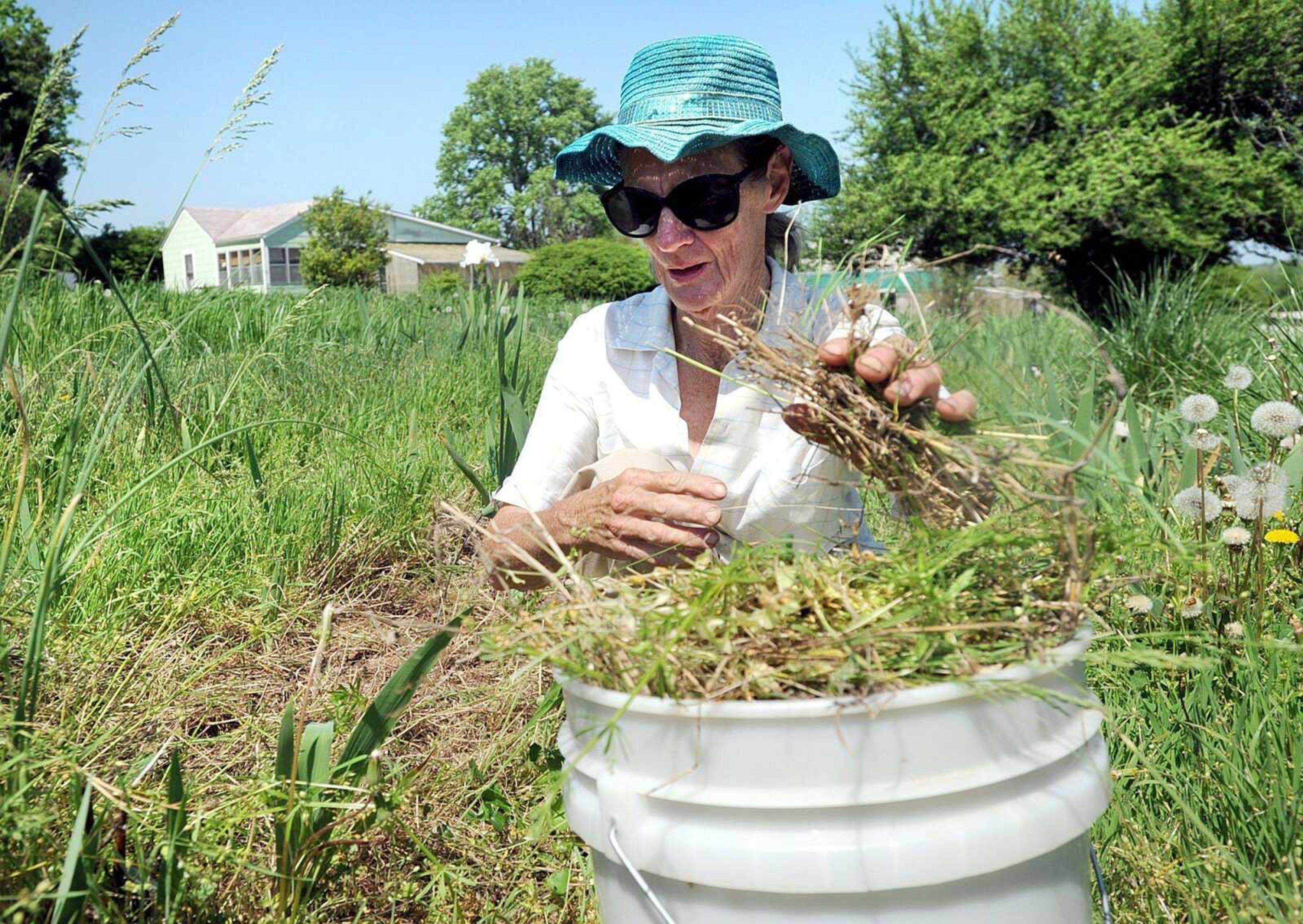Cape's early spring: March sets record for warmest average temperature
Stretched out on beach towels and clad in bright bikinis, Tricia Smith and Monica Morris were soaking up some sun in Capaha Park Monday as the temperature hit a record 86 degrees. "This is definitely a first," said Morris about sunbathing in April. "I've never wanted to be in a pool so bad."...
Stretched out on beach towels and clad in bright bikinis, Tricia Smith and Monica Morris were soaking up some sun in Capaha Park on Monday as the temperature hit a record 86 degrees.
"This is definitely a first," said Morris about sunbathing in April. "I've never wanted to be in a pool so bad."
Monday's high broke the previous record of 83 set in 1963, according to the website Weather Underground.
It was preceded by an unusually warm March. The average temperature in March was 59.7 degrees, the warmest on record, according to the National Weather Service. The second-warmest March was in 2007, at 55.5.
The average temperature for the month is 47.5.
This year, spring arrived about four weeks ahead of schedule, conservationists said. As a result, many varieties of plants and insects are out earlier than usual.
In Cape Girardeau, temperatures reached or rose above 80 degrees four times: March 20, 28, 29 and 31, according to the National Weather Service. While hovering close to record temperatures, those days did not set any records. Temperatures topped 70 on 17 days in March.
The warm weather can be credited to La Nina, a weather phenomenon associated with changing ocean temperatures, said Jayson Wilson, meteorologist with the National Weather Service in Paducah, Ky. "That shifts the weather patterns and creates a much wetter and milder winter, which is what we had," Wilson said. "Since the Atlantic is warmer, the Gulf of Mexico is going to be warmer and we have good strong southerly flow blowing all that warm, moist air into our vicinity."
How long the high temperatures will last, though, isn't certain, he said.
A weather system moving through in the next few days is expected to bring temperatures back to normal by the end of the week, he said.
With the ground temperature warmer and plants producing leaves earlier than normal, many insects, including ticks and mosquitoes, are out earlier than normal this year.
Kevin Brunke, wildlife management biologist with the Missouri Department of Conservation in Dexter, said they've had a consistent population of mosquitoes since the end of February.
"It's at least two to three weeks earlier than usual for a lot of plants leafing out," Brunke said. "It seems like insects and birds are responding a little quicker, too."
With bugs coming out earlier, the season will be longer for them, but that doesn't necessarily mean there will be a larger insect population, conservationists said.
"There are so many things that go into it. We really can't predict whether we're going to have more or less. We had a fairly mild winter, but there's a lot of things that determine how insects survive," said Rob Lawrence, forest entomologist with the Department of Conservation in Columbia.
Moisture and the development of fungi also affect insect populations, he said, and it's not too late to rule out a late freeze.
In addition to insects being noticeable earlier in the season, so are snakes, said Jeff Scott, Department of Conservation agent in Bollinger County.
"Snakes are a coldblooded animal, so the earlier it warms up, the quicker they get active," Scott said.
Snakes are masters of disguise, so Scott warns to be aware of places they like to hide, like piles of wood or rocks.
He also advises people who are going to be near wooded areas to wear a good insect repellent.
"With all the tick-borne diseases these days, it's pretty cheap insurance," he said.
Lyme disease, Rocky Mountain spotted fever and Ehrlichiosis are among the illnesses that can be transmitted to humans by ticks, according to the Centers for Disease Control and Prevention.
Scott warns people to watch for any bite that takes on a bull's-eye appearance and also watch for any flu-like symptoms that occur after an insect bite. If people experience these, they should consult a doctor, he said.
mmiller@semissourian.com
388-3646
Pertinent address:
Cape Girardeau, MO
Connect with the Southeast Missourian Newsroom:
For corrections to this story or other insights for the editor, click here. To submit a letter to the editor, click here. To learn about the Southeast Missourian’s AI Policy, click here.










